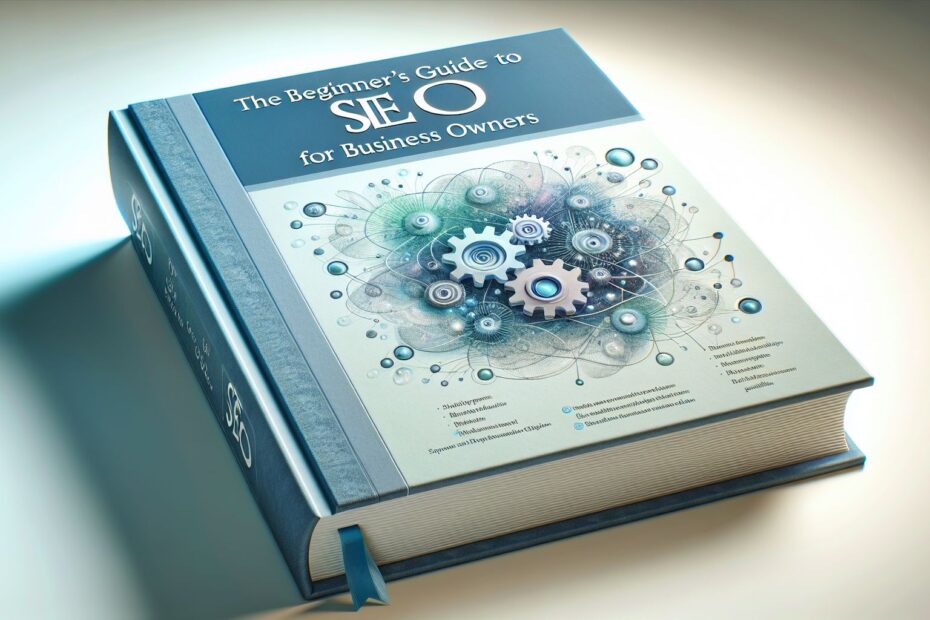Hello fellow business owners! If you’re looking to increase your online presence and attract more customers to your website, then you’ve come to the right place. In today’s digital age, having a strong search engine optimization (SEO) strategy is crucial for the success of your business. But don’t worry, I’m here to break it down for you in simple terms.
What is SEO?
First things first, let’s talk about what SEO actually is. SEO refers to the process of optimizing your website so that it appears higher in search engine results pages (SERPs) like Google. The higher your website ranks, the more likely potential customers are to click on your site. SEO involves a variety of tactics, such as keyword research, content optimization, and link building, all with the goal of increasing organic (unpaid) traffic to your site.
Why is SEO Important for Your Business?
Now that we know what SEO is, let’s dive into why it’s so important for your business. Simply put, the majority of online experiences begin with a search engine. If your website isn’t showing up on the first page of search results, you’re missing out on potential customers. By implementing a strong SEO strategy, you can increase your visibility online, attract more traffic to your site, and ultimately grow your business.
How to Get Started with SEO
Now that you understand the importance of SEO, let’s talk about how you can get started. Here are a few key steps to help you on your SEO journey:
-
Keyword Research: Start by identifying the keywords and phrases that your target audience is searching for. Use tools like Google Keyword Planner or SEMrush to help you determine which keywords are the most relevant to your business.
-
On-Page Optimization: Once you’ve identified your target keywords, incorporate them into your website’s content. Make sure to include keywords in your page titles, meta descriptions, headers, and body content. This will help search engines understand what your site is about and improve your chances of ranking higher in search results.
-
Quality Content: In addition to using keywords, it’s important to create high-quality, valuable content for your website. This could include blog posts, videos, infographics, and more. The more engaging and informative your content is, the more likely it is to attract visitors and earn backlinks from other websites.
-
Link Building: Building a strong backlink profile is another important aspect of SEO. Reach out to other websites in your industry and ask if they would be willing to link to your site. The more high-quality backlinks you have, the more authority your site will have in the eyes of search engines.
Monitoring and Adjusting Your SEO Strategy
SEO is an ongoing process that requires constant monitoring and adjustment. Keep track of your website’s performance using tools like Google Analytics and Google Search Console. Pay attention to important metrics like organic traffic, bounce rate, and keyword rankings. If you notice that certain keywords are performing well, consider creating more content around those topics. Likewise, if you’re not seeing the results you want, reassess your strategy and make necessary changes.
Conclusion
In conclusion, SEO is a powerful tool that can help you attract more customers, increase your online visibility, and ultimately grow your business. By following the tips outlined in this article and staying up to date on the latest SEO trends, you can set yourself up for success in the digital marketplace. Remember, SEO is a long-term investment, so be patient and consistent in your efforts. Good luck!

